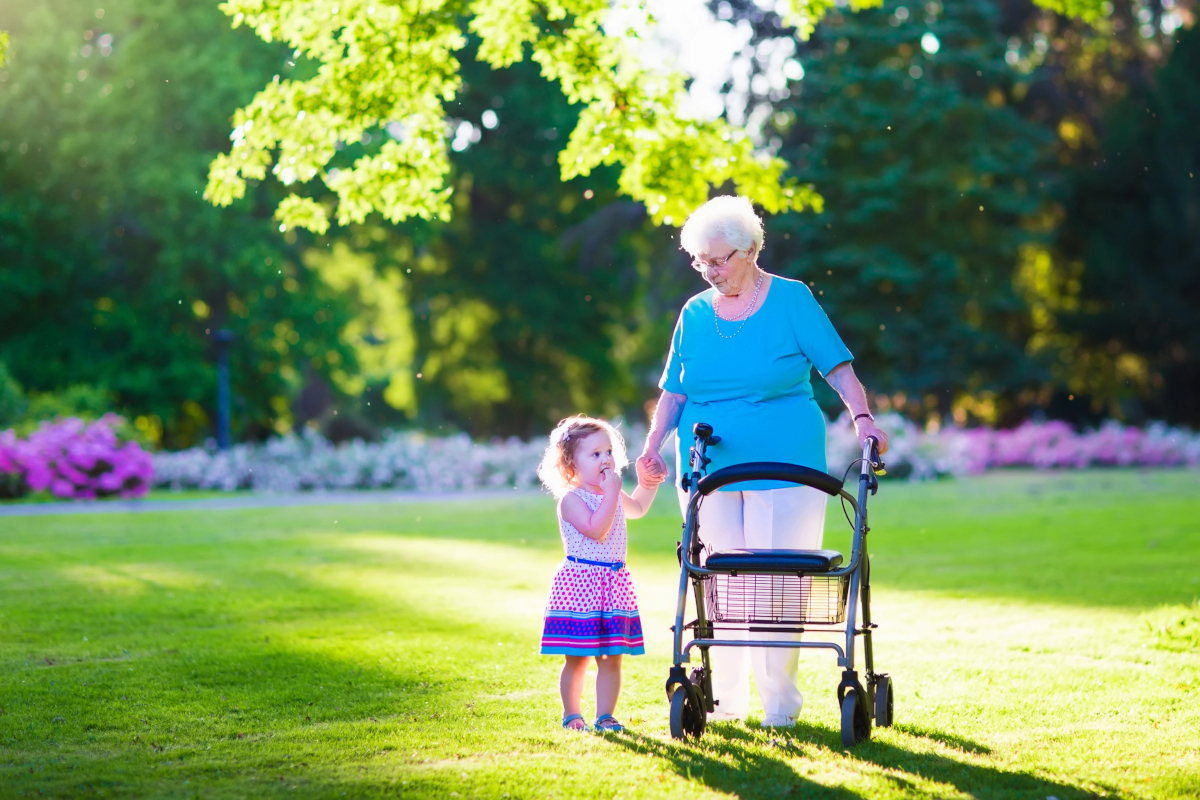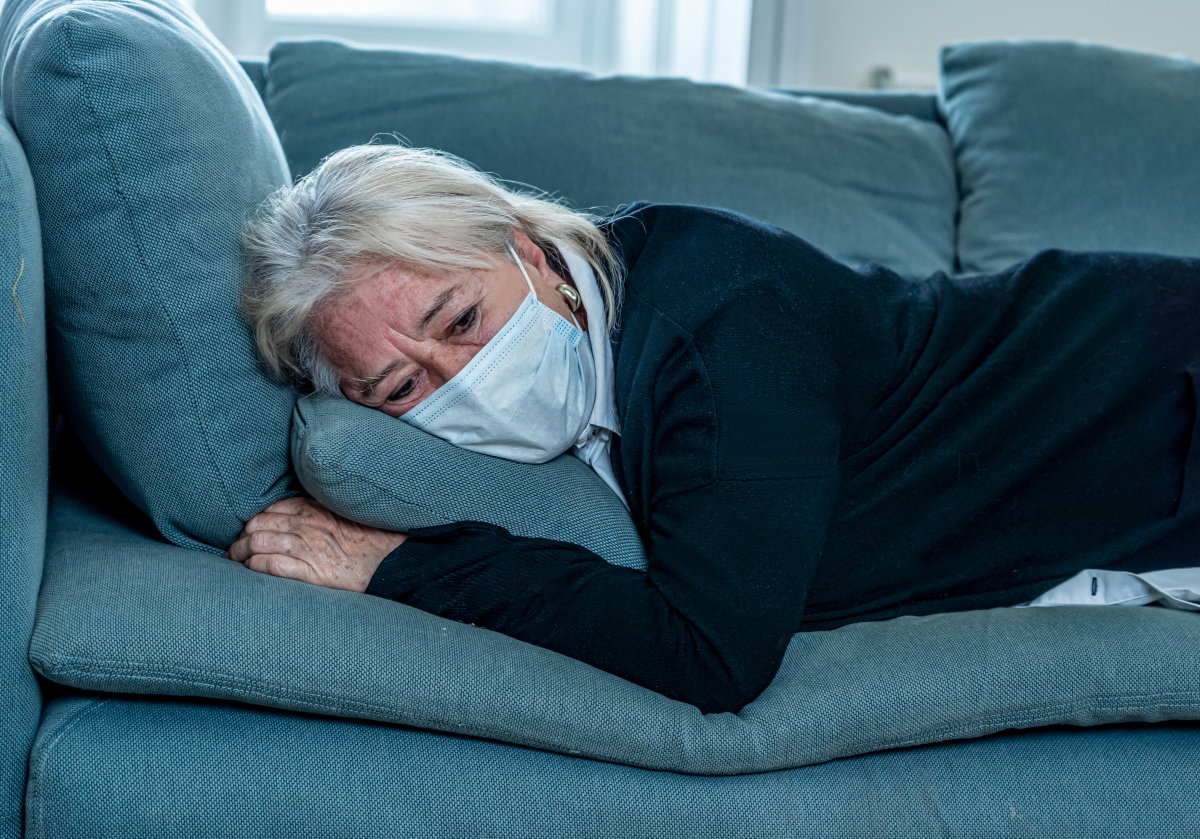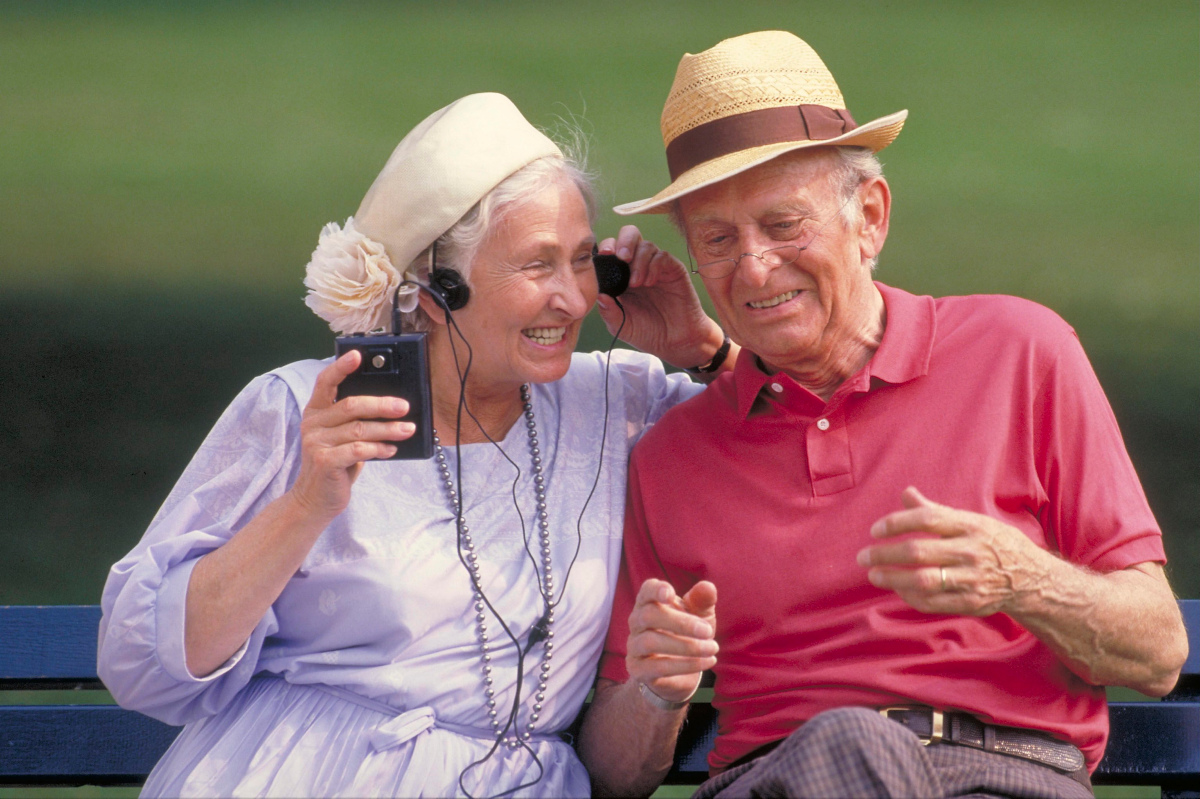Senior Mental Health: How to Overcome Holiday Depression
Living situations tend to change as we grow older. There may come a time when living independently is no longer an option. Assisted living communities are available to provide a safe, clean, and comfortable place for seniors to reside.
It should be a positive experience. Your loved one is well cared for and their family and friends can rest easy knowing that someone is looking out for them. Even if the transition was easy, your loved one could be at risk for holiday depression.
Why Do People Get Depressed Around the Holidays?
Holiday depression affects people of all ages. There can be several reasons for this. Consider what happens during this time of the year. It’s usually associated with positive feelings and celebrations. But all of that can create the opposite effect in someone who has experienced a loss or change in their life.
The holidays often remind us that time is passing. It can conjure old memories of loved ones who are no longer with us. For senior citizens, it can also remind them of the things they may no longer be able to do, like go out and cut down a Christmas tree or prepare a big family dinner.
Those who have lost significant mobility or have severe health conditions may not be able to visit family during this time. Seeing the festivities can be a painful reminder that these gatherings are out of reach.
Others may miss family traditions that they enjoyed throughout their entire lives. In some cases, these may be activities that they engaged in since they were children.
Financial hardship can also be felt more strongly during this time. People who are living with limited income or on retirement savings may not be able to buy holiday gifts like they used to do.
Every family has its own traditions, experiences, and memories of the holiday season. All these things can play a role in how an individual feels when the season arrives.
Signs That Your Loved One May Suffer from Holiday Depression
Someone with depression should not be left to suffer on their own. Loved ones should pay attention to the signs and get help if needed. It is possible to make new happy memories, but that starts with good mental health. If you notice any of the following in your senior loved one, please seek the help of a professional.
- Change in Mood – Some people think that irritability is a part of aging, but it isn’t. If you notice a sudden grumpiness in your loved one, this could be a sign of depression.
- Change in Sleep Patterns – Is your loved one having trouble sleeping? This could include difficulty falling asleep, insomnia, or sleeping during the day.
- Unexplained Aches and Pains – Mental health conditions aren’t only related to the brain. They can very real physical effects. Depression can cause aches and pains.
- Unexplained Change in Weight – Sudden, unexplained weight changes in elderly people can be a big red flag. Depression can cause weight loss or gain. If your loved one’s weight changes, have them evaluated right away.
- Lack of Energy and Motivation – Does your loved one have a lack of energy or no motivation? These are both tell-tale signs of depression.
- Slower Speech and Movement – Depression can cause a general slowness that can appear in speech and movement. Make sure your loved one is checked out as soon as possible to get a diagnosis or to figure out if something else is going on.
- Little to No Interest in Socializing – Seniors with depression may become withdrawn. They may show little to no interest in socializing. This could mean no longer participating in events in their community or interacting with friends and family.
- Little to No Interest in Hobbies – Depression can cause us to lose interest in the things we once loved. If your senior stops engaging in their favorite hobbies and activities, this is another red flag.
- Feelings of Sadness, Despair, or Hopelessness – Depression can cause many other negative feelings like sadness, despair, and hopelessness.
- A Fixation of Death or Suicide – If your loved one shows a fixation on death or suicide, seek professional advice immediately.
- Unexplained Memory Problems – Depression symptoms can appear as memory problems. This can also happen due to other brain-related medical problems, so make sure you have your loved one evaluated.
- Poor Personal Care – Depression makes it difficult to do the basic things we once did. This can include personal hygiene like bathing and brushing teeth as well as not taking medication and skipping meals.
What Can You Do to Prevent Holiday Depression?
The best solution is to try to prevent holiday depression altogether. There are steps you can take to help ensure that you or your loved one stays mentally healthy. Everyone deserves to be happy, and a few changes can make a big difference.
- Be Kind to Yourself or Your Loved One – If you are feeling down while those around you seem upbeat, remember that it is ok to feel the way you do. You shouldn’t feel pressure to hide negative feelings around the holidays. Accepting your emotions or the way your loved one feels can alleviate some of the stress that can come with the season.
- Find a Positive Way to Deal with Death – The loss of loved ones is often more noticeable when the holidays arrive, and they are not here to celebrate with us. As we age, we tend to lose more of the people we love, making the absences even more noticeable. Find a positive way to make a departed loved one a part of the holiday. This can be done by displaying their photo, giving a toast in their name, or lighting a memorial candle. You can even have everyone share a memory verbally or in writing to honor the departed.
- Don’t Plan to Do Too Much – Don’t overdo it on the holidays. There is usually much to do in a short amount of time. Becoming overwhelmed can play a role in depression.
- Keep Financial Pressure Low – Set a gift-giving budget that you can comfortably handle. If a senior loved one struggles with funds this time of year, consider ways to cut back. Instead of giving gifts to everyone, host a gift exchange where everyone draws one name and buys one gift with a price limit.
- Get Regular Exercise – Don’t neglect physical health during this time of year. Make exercise a regular part of your week.
- Eat A Healthy, Balanced Diet – What we eat can impact how we feel. Enjoy the foods of the season but do so in moderation. A healthy, balanced diet is essential during the holidays.
- Make a New Tradition – Create new traditions that will help you or your loved one associate the season with positive thoughts and feelings.
Mental health during the holidays is extremely important at any age, but especially when we get older and life changes. Pinnacle Peak encourages everyone to check in with their elderly friends, family, or neighbors to make sure they aren’t experiencing holiday depression. A phone call or text message can mean a lot.




